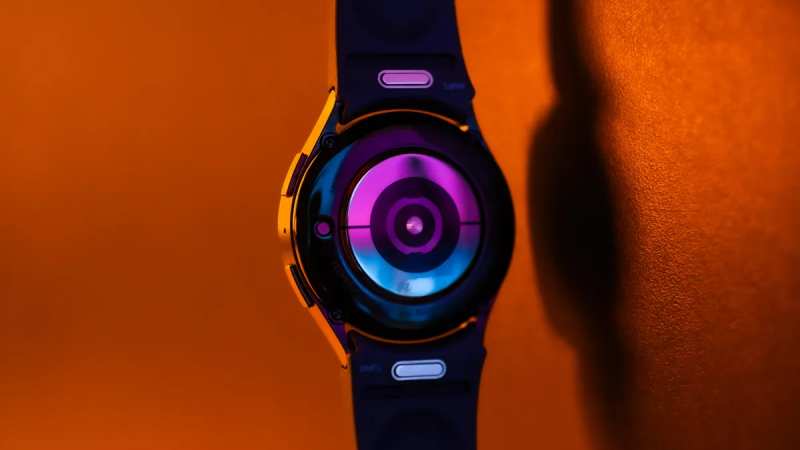
The ability to track a variety of health and wellness metrics, including variations in body temperature and sleep patterns, smartwatches have emerged as indispensable tools for monitoring wellness. But in 2024, with the addition of AI-powered tools and cutting-edge metrics, tech behemoths like Apple, Samsung, and Google are poised to elevate health tracking to new levels.
This year's introduction of generative AI is predicted to greatly improve smartwatches, as it has become a focal point in the tech industry. Search engines, productivity tools, and smartphones already use this technology. It is currently on the verge of revolutionizing smartwatch functionality.
Fitbit, a subsidiary of Google, is leading the way in generative AI integration for wearables, as seen with the Pixel Watch, the company's most recent product. Users can ask questions and get more contextual information about their activity data with Fitbit Labs, a new program. Fitbit wants to use generative AI to help users create individualized, performance-based fitness goals, giving them a more individualized and knowledgeable approach to wellness.
Apple is incorporating AI into its health tracking features as well. According to reports, the company is working on a digital health coach driven by AI that will use information from Apple Watches to provide users with guidance and insights. Apple's CEO Tim Cook has established the company as a leader in wearable health technology by making insinuations about future AI-related announcements.
The release of Galaxy AI features in the most recent Galaxy S24 lineup, Samsung has started its AI journey. Executives from Samsung have made suggestions that they plan to add more AI features to their smartwatch ecosystem, even though the precise AI improvements for upcoming Galaxy Watches are still unknown. The company's vision is for a digital assistant that can help users navigate and comprehend their health data while taking into account their unique needs and preferences.
In 2024, smartwatches are anticipated to bring new health metrics and insights in addition to the infusion of AI. Tech companies are investigating novel ways to leverage sensors that can already monitor blood oxygen levels, temperature, and heart rate to give users a complete picture of their health.
Smartwatches are expected to advance further and serve as individualized health assistants in the future. Future generations will be healthier and more connected as a result of the integration of AI-powered tools and cutting-edge metrics, which will enable people to make educated decisions about their well-being.